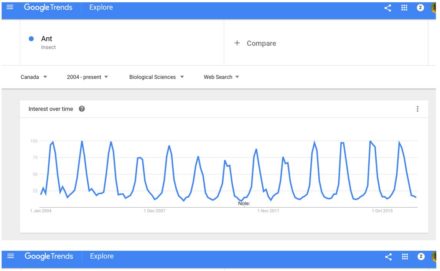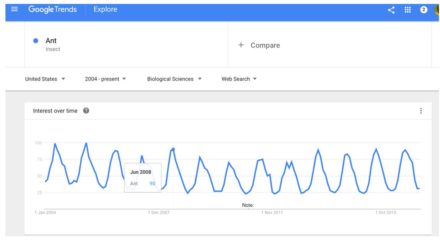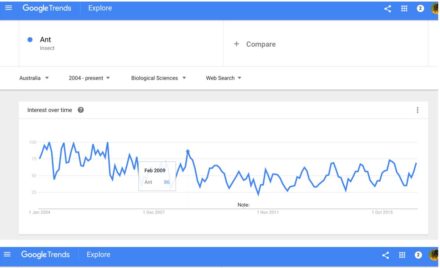Hands up who has a boss who doesn’t really understand social media?
Or maybe your boss gets Facebook, or maybe gets Twitter like Donald Trump does, but uses their own personal experience of one to define how others might experience it?
That can be a fairly common problem for all communicators, but the bigger question is how do you explain the nature of new media/digital media to such a boss in ways that help you make a case for being able to best use it in your work.
I can put my hand up for having worked with bosses who saw the agency being criticized by organised Facebook groups, and whose first response was: “We need our own Facebook page to counter these claims.”
And yet such bosses are never likely to respond to being criticised in the Australian newspaper or on television, by saying, “We need our own newspaper or TV channel to counter this.”
The fact the criticisms were being made on Facebook is not the real thing to be focusing on. Of more concern is that the criticisms are being made by an organised group. In this instance, Facebook is just the channel for the group’s issues.
It’s true, as Marshall McLuhan said in the 1960s that the medium is the message – but sometimes you need to not confuse one for the other.
And hand’s up whose boss has decided you need a Youtube channel because – well because… and then is disappointed at the number of visits you are getting – noticing it’s a lot less than many teenage girl’s makeup tutorials or young dude’s game walk-throughs?
Because the world is waiting for one more YouTube channel or Facebook page like it is waiting for one more garage-recorded heavy metal song, or like it is waiting for one more self-published Amazon book.
It doesn’t matter how good your stuff is if people can’t find you in a highly crowded market. Or if only your friends and colleagues are visiting you.
The conversation with your boss (or let’s face it, with yourself sometimes) needs to focus on what you actually want to get from using digital media. For it can be many different things, and you need to often think of it as many things.
It can be a channel, or it can be a place for multiple messages, or a place for feeling the mood of an audience, or a place for conversations with people, or all of these and more.
Effectively understanding the language and use of digital media has been compared to learning a second language. And there are:
- those who have been born into speaking it (digital natives),
- those who have learned to speak it really well even though it was not their native language (digital migrants), and
- those who never fully get it and don’t speak it very well at all (digital tourists).
These are not necessarily age-related categories, though they do tend to favour age categorization, with the digital natives being younger and the digital tourists being much older. So before getting into a heated conversation with your boss over the use of any digital media great idea he or she might have, first seek to understand what their level of fluency is and work around that, not against that.
Sometimes the right response to a boss saying we need a [insert random digital media thing], is to say, “No, we actually need a boss who understands digital media.” But it’s more likely to be more appropriate to say, “No we actually need a communication strategy that starts with clear objectives and use that to define the mediums and messages we should best use.”



